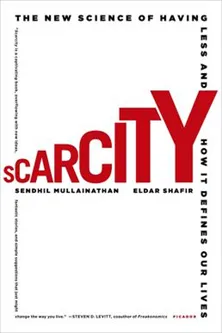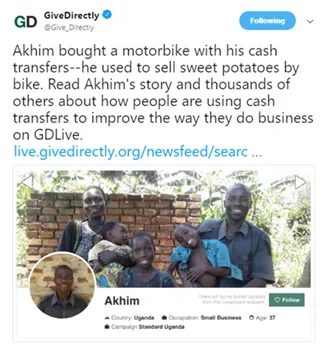
Hey, great news! Your uncle just died (don't worry you didn't like him very much1) and left you a nice chunk of money in his will. You decided the best way to honour the old bastard is by burning through some of his well earned cash on some new shit for your flat.
You’ve had your eye on a new set of speakers for a while now and decide they’re a good place to start.
- You head into town and find that the speakers you want are being sold in a few different shops. After a number of hours of looking you find yourself in a shop where the speakers are $100. This is a good price but earlier in the day you saw them in another store for $70. The other store would be a 30 minute detour on your way home.
The next day you decide that your uncle needs more honouring so you keep the shopping spree going, this time you head into town to buy a new laptop.
- The laptop you want is being sold in a few shops. After a number of hours of looking you find yourself in a shop where the laptop is $1000. This is a good price but earlier in the day you saw it in another store for $970. The other store would be a 30 minute detour on your way home.
On both days of shopping you could have saved $30 by spending another 30 minutes to travel to the other store, so logically the amount you stand to save is the same. But do the two scenarios feel the same?
This is a summary of a study outlined in the book Scarcity: Why Having Too Little Means So Much by Eldar Shafir and Sendhil Mullainathan (apart from the dead uncle bit, that was my lovely addition). They suggest people are more inclined to to take the detour for the speaker example, but less so for the laptop. And I have to agree, the detour feels more important for the speakers than it does for the laptop2.
Us humans are not at our best when it comes to thinking logically about money. We’re less good with absolutes value, and far better at thinking in terms of proportional losses and gains.
I often need to remind myself of the power that money in absolute terms can hold, and that a small absolute amounts of money, from my perspective, can have a massive proportional effect on others.
The charity GiveDirectly brings this emotional impact I can have on another individual into full focus.
The GiveDirectly approach is:
- Locate extremely poor communities all over the world
- Send field staff to the communities to collect data and enroll recipients
- Verify the financial status of enrolled individuals
- Transfer around $1000 (approximately one years budget for a household) to their bank account (usually through a text message and collection in a local village) across a number of payments.
- Verify collection and ask for feedback on what the money has been spent on
As such this is a charity that effectively double the income of an individual for a year at a cost of around £60 per month.
Imagine how you would feel if your current income would suddenly double, imagine how many problems that would solve for you and how much more secure you would feel. Through donating to GiveDirectly it is possible to give that same feeling to another individual halfway around the world for what likely amounts to a tiny relative fraction of your income here in the UK.
So if you’re income does suddenly doubles please consider double the income of many others through GiveDirectly. If you would like to see why GiveDirectly is currently rated as one of the worlds most effective charities I suggest visiting their evaluation page on GiveWell. If you would like to donate they also accept Bitcoin, Ripple and Ethereum.
Footnote
1 Also sorry if you’re uncle just died in real life and this post caught you off guard. This possibility is genuinely something that worries me when posting this.
2 Although the authors do go on to talk about if this is a result of the fact that money may be more disposable if you have more of it to spend, but that ruined my point here so hopefully you’re happy to just go with me on this.
About me
My name is Richard, I blog under the name of @nonzerosum. I’m a PhD student at the London School of Hygiene and Tropical Medicine. I write mostly on Global Health, Effective Altruism and The Psychology of Vaccine Hesitancy. If you’d like to read more on these topics in the future follow me here on steemit or on twitter @RichClarkePsy.


